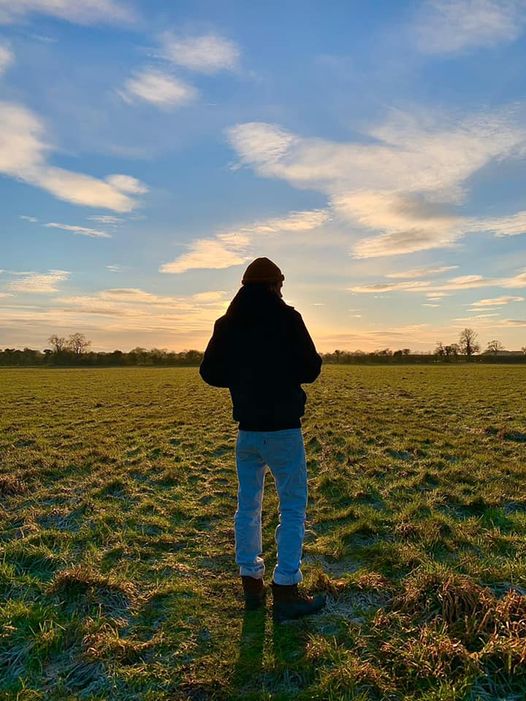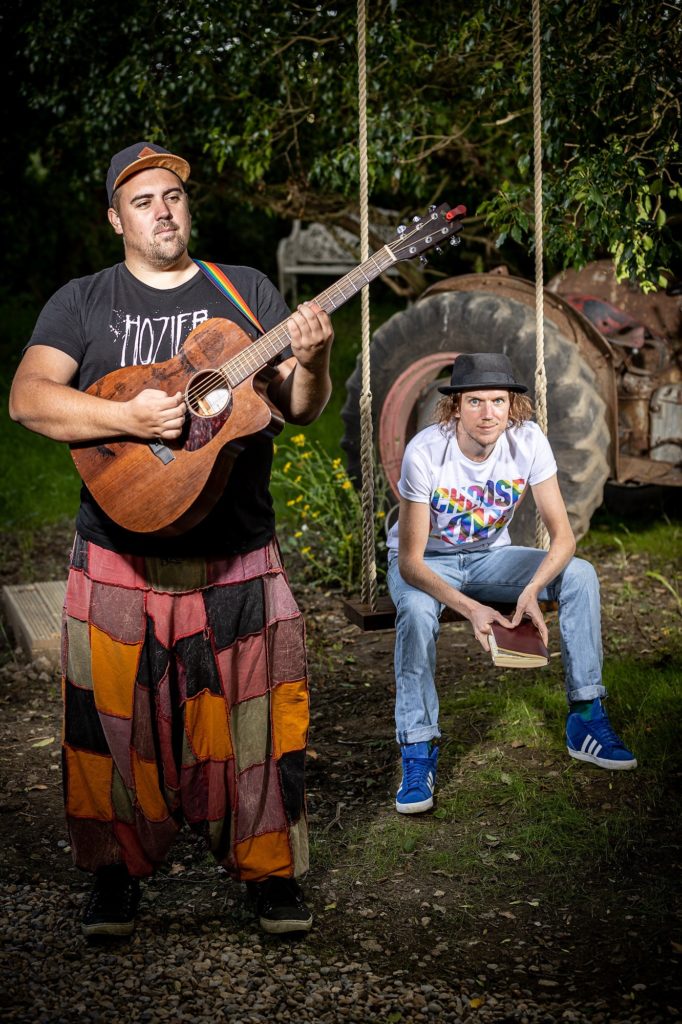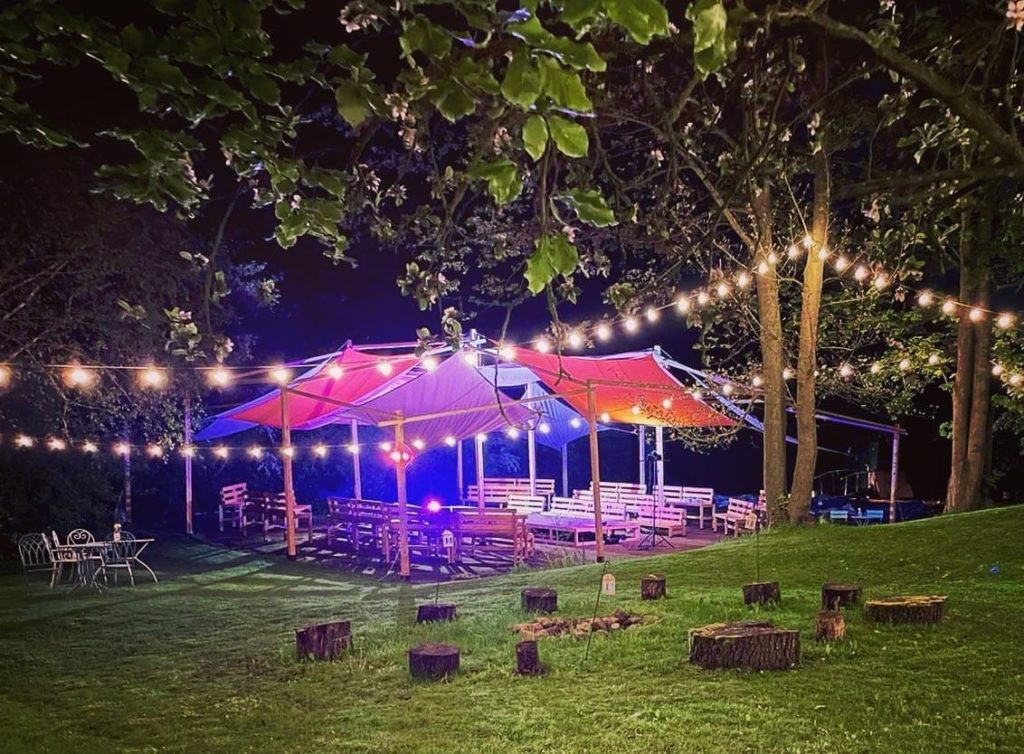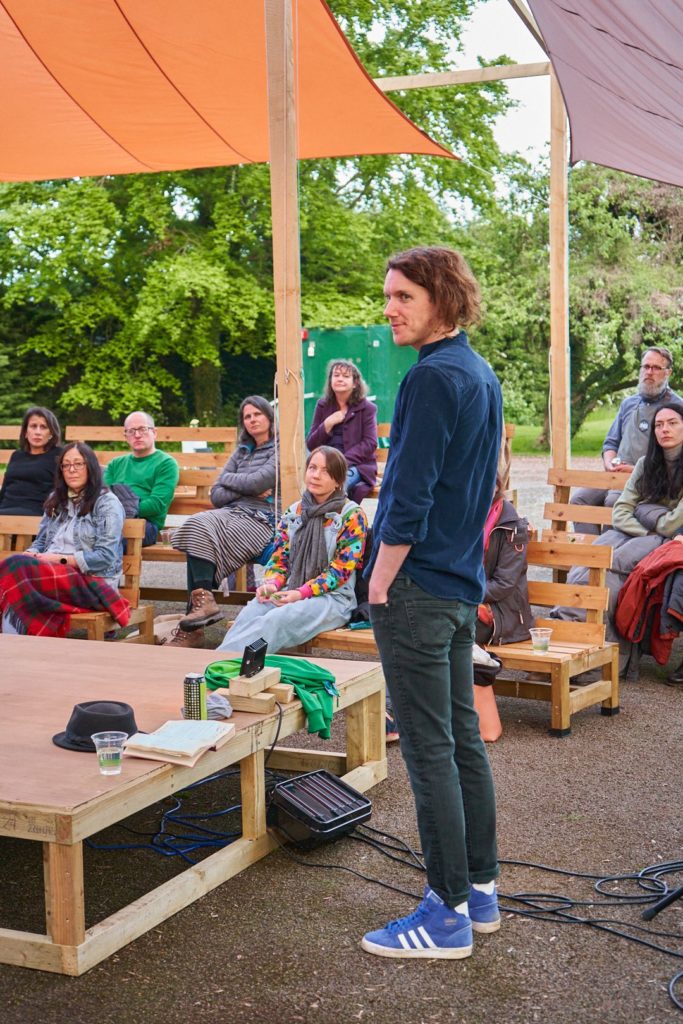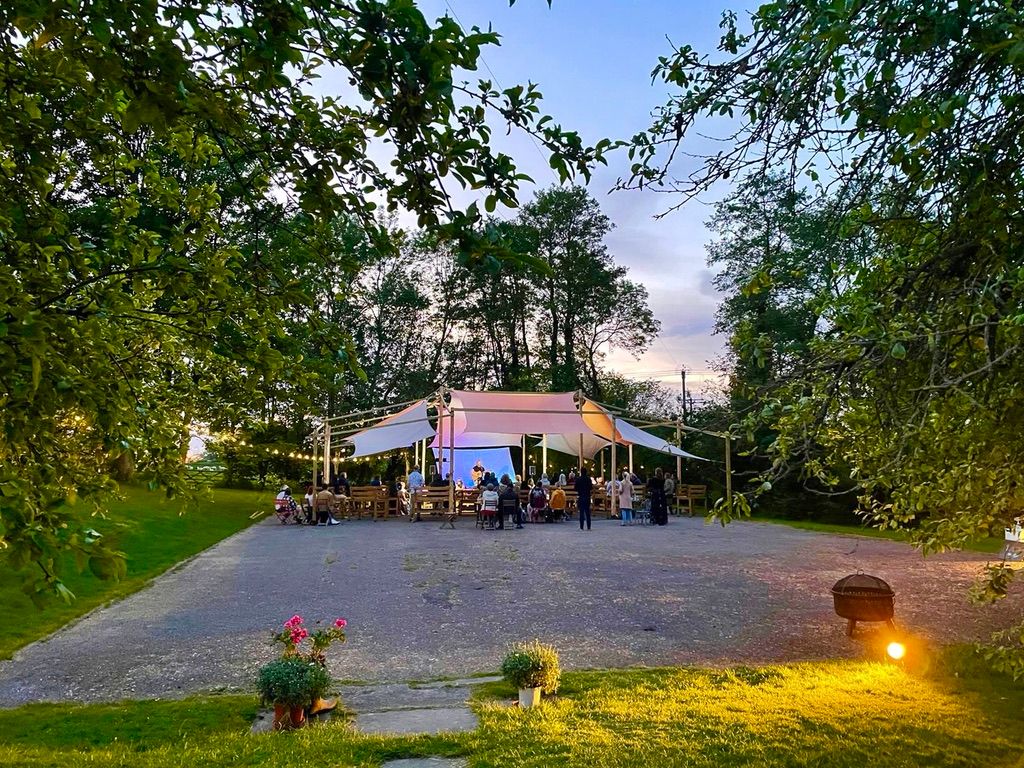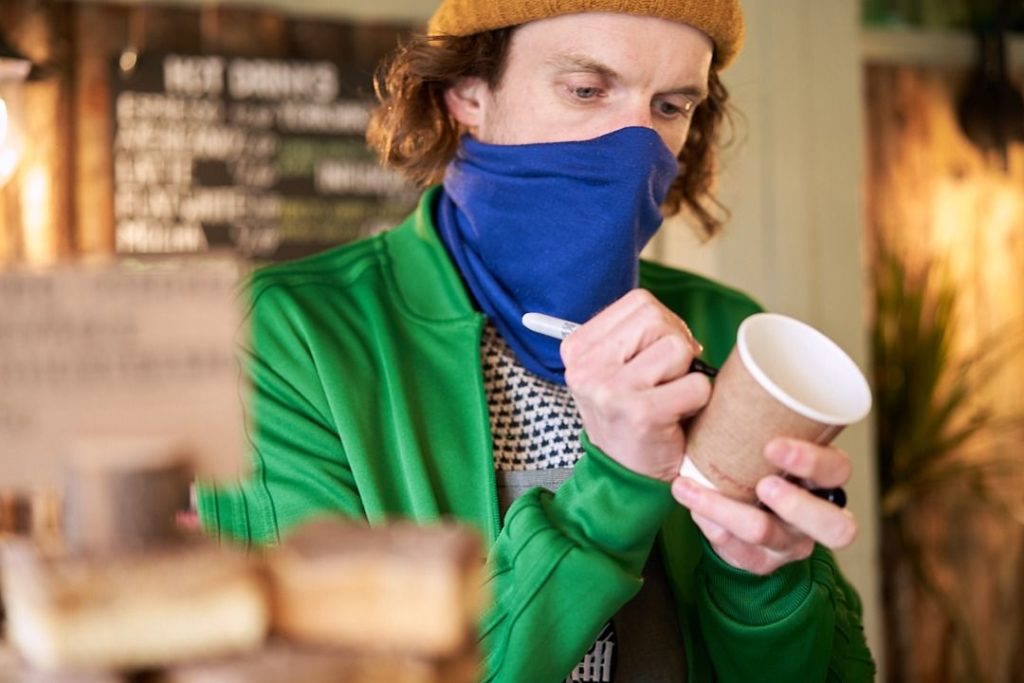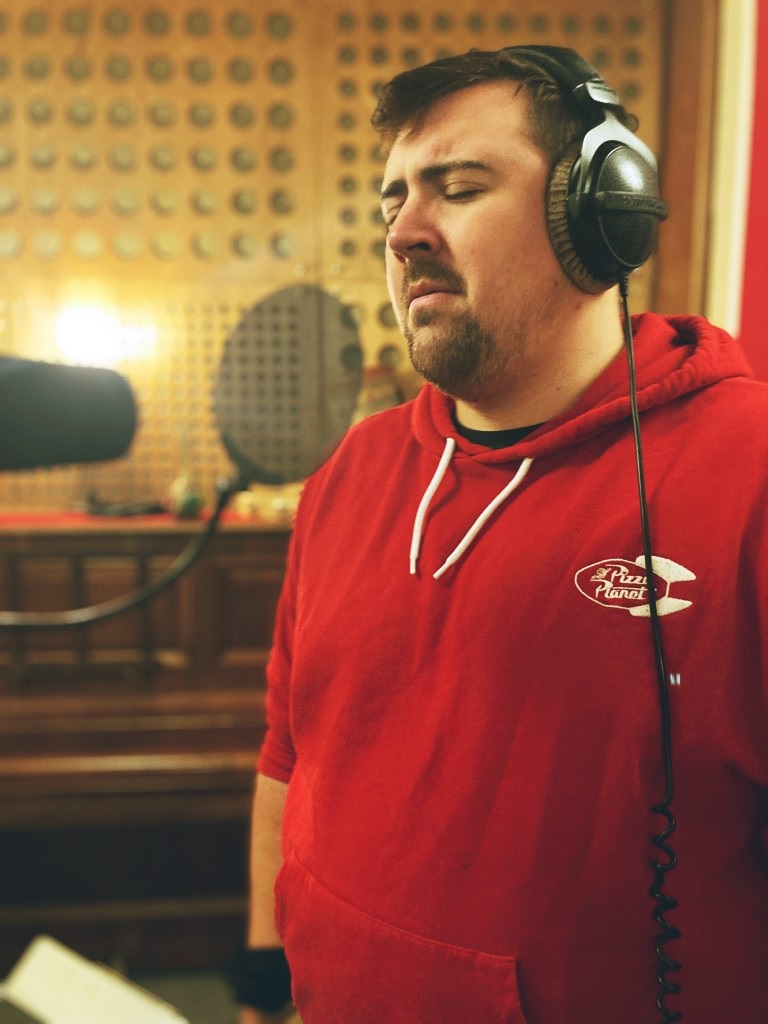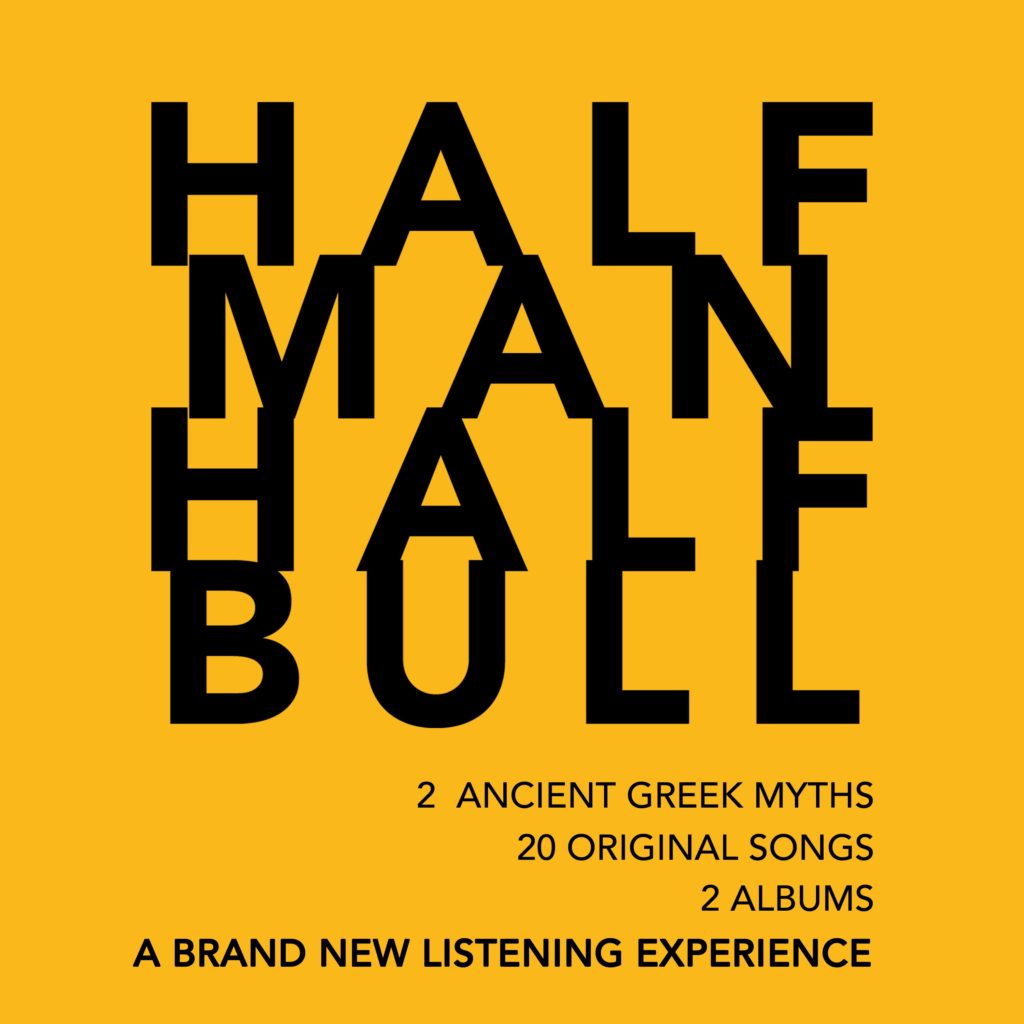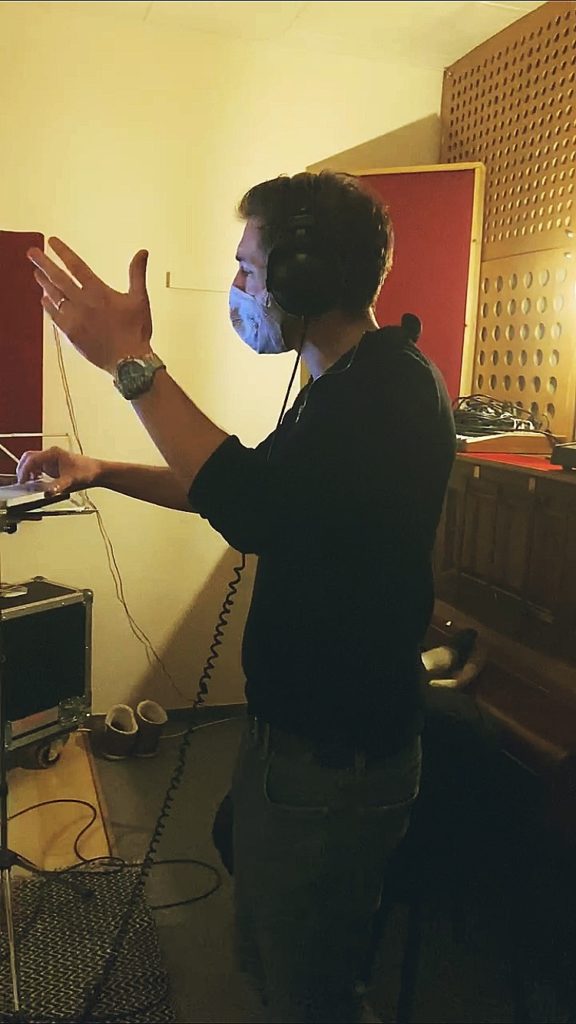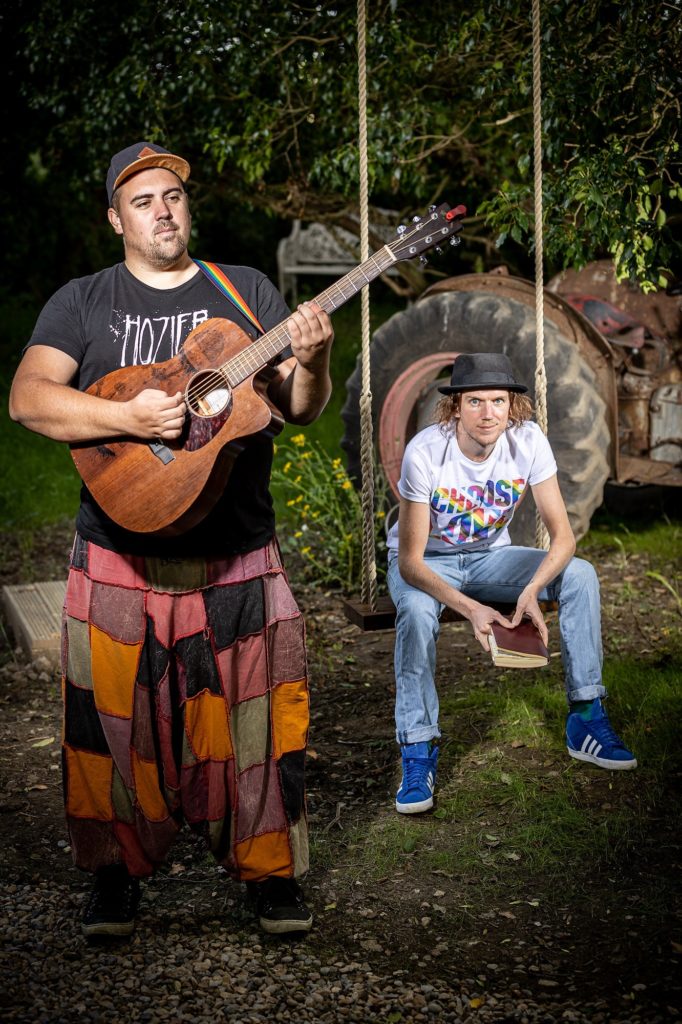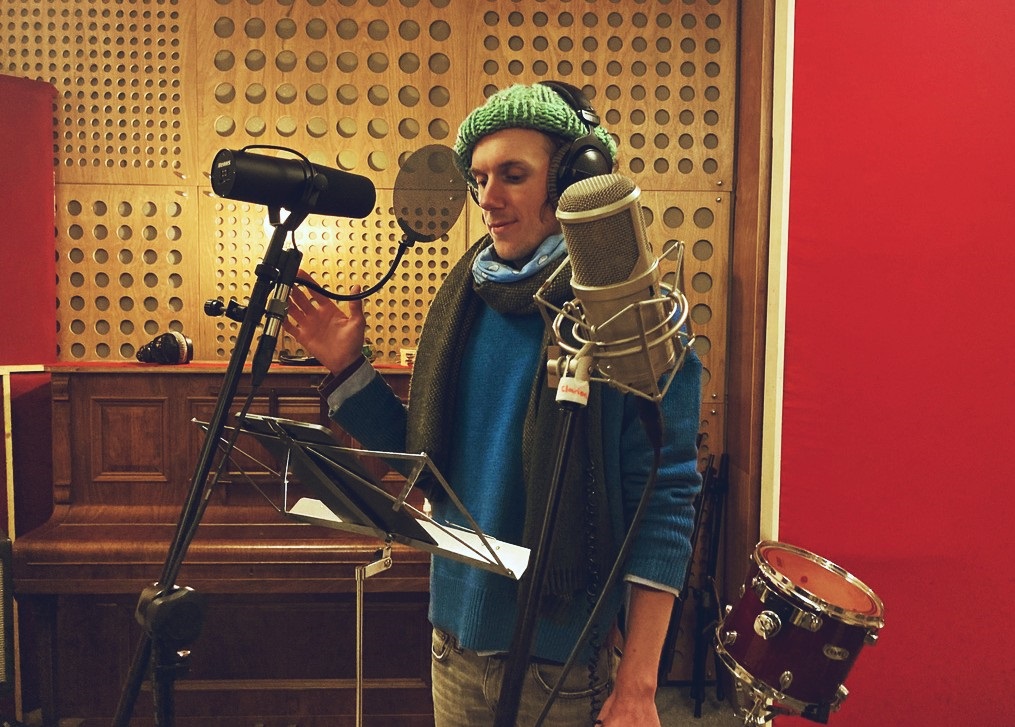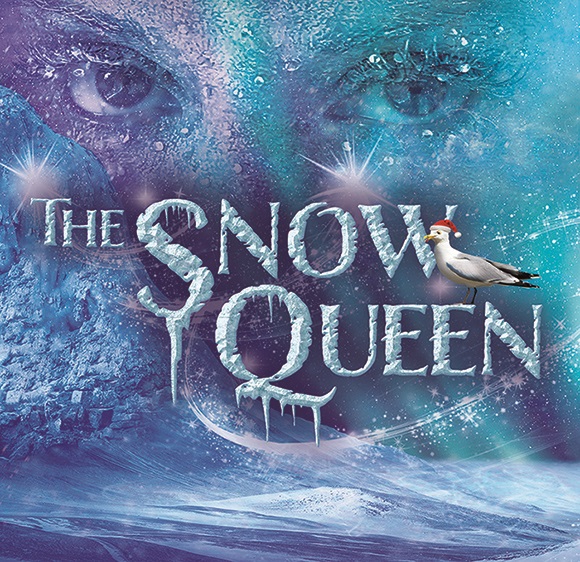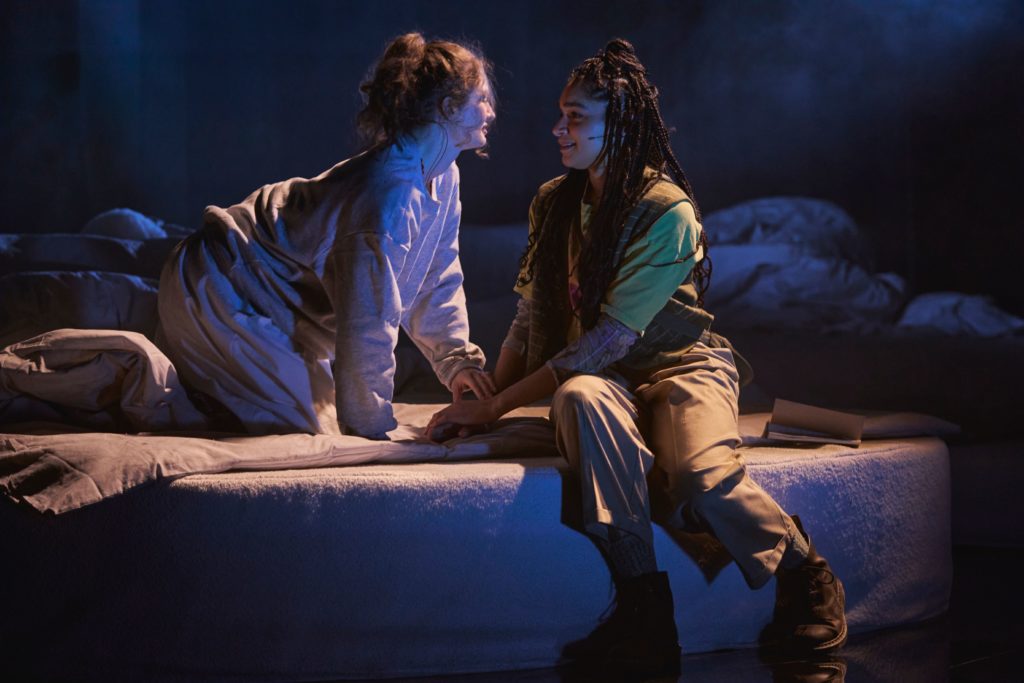
THE first book Esther Richardson read after being appointed Pilot Theatre’s artistic director was A Song For Ella Grey.
Eight years later, she is directing the York company’s co-production of Zoe Cooper’s stage adaptation of David Almond’s Northumbrian novel. Next stop for a play full of music, sound and storytelling will be York Theatre Royal, from Tuesday to Saturday.
“It’s my favourite of David’s books,” says native north easterner Esther, who is directing a work deeply connected to her own story and upbringing for the first time. “I got totally swept up in his translation of the timeless myth of Orpheus and Eurydice to the locations in which I grew up.
“I lived in Teesside until I was 11, then we moved to Durham, to be nearer to my dad’s family, and my aunts were all in Newcastle. If you grow up in Durham, you go out in Newcastle, so that was a big part of my youth.
“My uncle used to take us up to the beach at Bamburgh Castle, and that’s where I camped when I did the Duke of Edinburgh awards.”
Monday morning was Esther’s first official working day back in York since she began rehearsals on January 2 at production partner Northern Stage’s rehearsal studios in Byker, ahead of its February 1 opening in Newcastle, where “it’s gone really well”.
Esther has wanted to stage A Song For Ella Grey ever since reading it. “Landscape is very important to the story and that landscape was very much part of my growing up,” she says. “That entry to Newcastle on the train, with all those bridges across the Tyne is so mythic; it’s majestic, so is the coast. Doing this play is a love letter to them both.
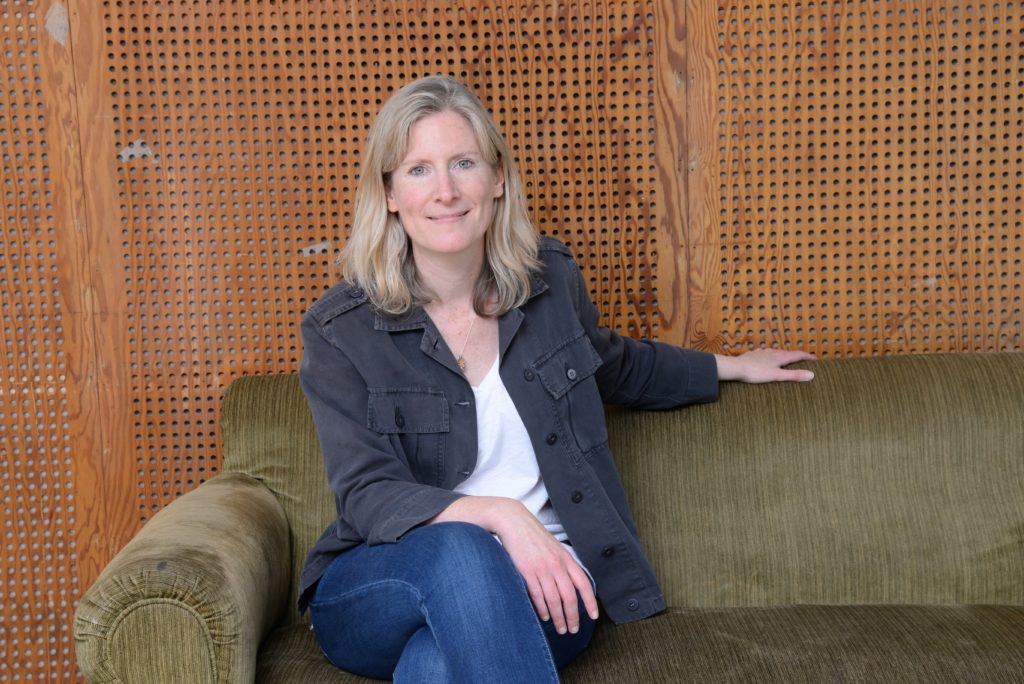
“When I read the book, it spoke to my heart, as I recognise the kids; the running away to Edinburgh; hanging out in very specific places in Newcastle; traipsing around the shops there. It’s that whole rendering of what it’s like to be a teenager in Newcastle.”
Published in 2014, Almond’s novel for young people relocates the Orpheus and Eurydice myth and its story of enduring love and loss to the north east in a lyrical retelling set among a group of teenage friends – “ordinary kids from ordinary families in an ordinary world” – that fall in and out of love, play music and dance, stare at the stars, yearn for excitement, and have parties on Northumberland’s beaches.
“So often working-class stories are told through a male lens, but this one is told from the perspective of a survivor, of a young queer woman,” says Esther. “It takes place in the liminal space between childhood and adulthood when you become aware you can never go back. You can never be a kid again.”
The focus falls on the bond between Claire and her friend Ella Grey, one that is as close as it could be until one day they encounter a stranger, Orpheus, a lyre-playing, Dr Martens-wearing young man, on Bamburgh Beach. He entrances them all, especially Ella, but what path will she follow in this tale of modern teenagers and ancient forces?
Cooper’s stage adaptation is written from Claire and Ella’s perspective as they re-tell their story to one another and the audience. “The idea is that they are making what happened to them into a myth,” reasons the playwright.
“The myth of Orpheus is so powerful,” says Esther. “Is he a man or a god? He’s a man-god, who goes into the underworld and is told, ‘you can bring someone back from the underworld, but only if you don’t look back at her before you re-enter the world above.
“But of course, there’s an inevitability that he will look back. Our humanity is our mortality, and we know you can’t bring someone back from the dead.”
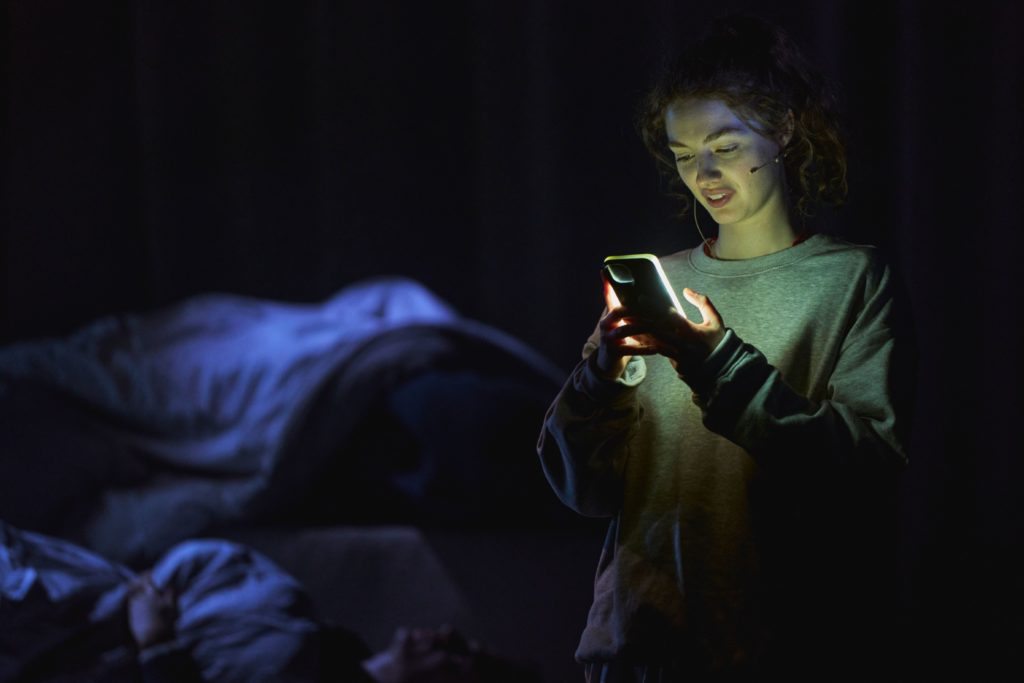
Esther continues: “It’s also about creativity and art, and that thing of something being out of reach when you’ve woken and it first seemed so clear. What that’s doing is chasing a fever dream, and that’s the most powerful part of being human.
“How we want to over-reach, to be immortal, to turn back the clock. Modern art can do that, like a photograph freezing a moment in time. So there’s a really spiritual dimension to the story that connects with us really deeply, and it was a beautiful, tantalising prospect to put it on stage.”
She commissioned Zoe to write the adaptation on account of the lyricism she shared with Almond. “I wanted someone who wouldn’t be afraid of that lyricism. I didn’t want it to be domestic; I wanted it to be epic,” she says.
“With Orpheus, David has created this elusive figure; you have a character who is a spirit, who is music, who’s in the landscape; sometimes he’s there and he’s real; sometimes he’s not real and can’t be found as he disappears into the night – which is really difficult to stage.
“The first thing that Zoe and I talked about was how do we adapt that for the stage, and we decided we should not make the slippery Orpheus a single human form because that would have killed the lyricism.
“What Zoe has done is create a text where Orpheus has the potential to appear in many different forms, sometimes human, but mainly an elusive being in the world.”
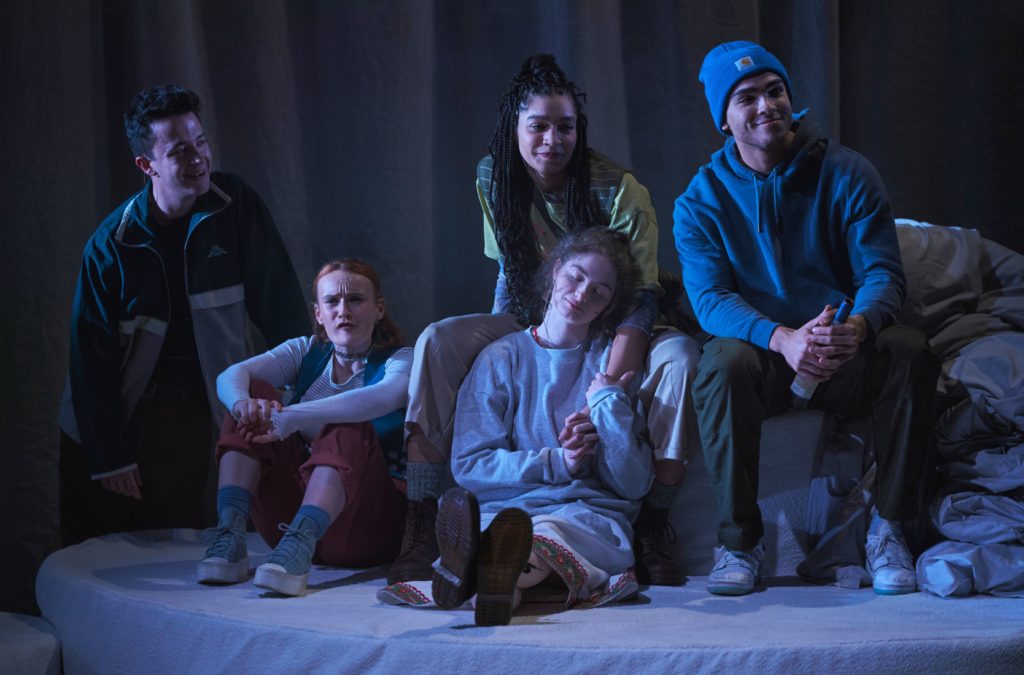
Teenage audiences have “really hooked into” Cooper and Richardson’s production in the Newcastle run. “At first we thought, ‘are we being too oblique?’, but you have to commit to imagination, and if you create a really good structure and architecture for the story, audiences will go with it,” says Esther.
“We trusted our audience, having tested a scene at a school in Cramlington, which gave us the confidence that we were doing the right thing.
“As theatremakers, we try to stay in touch with childhood, and with our shows, whether Noughts & Crosses or A Song For Ella Grey, quite often teenagers get what’s happening ahead of adultds, with teens explaining things to perplexed adults!”
From the very start, Esther knew music would be important in A Song For Ella. “There was a clue in the title!” she says. “You think, ‘well, what is the ‘song’?”
She duly commissioned composer Emily Levy – noted for her use of folk traditions and song – to work with Pilot for the first time. “I love music and I love working with composers,” she says. “I had Emily at the edge of my thinking, as I’d heard her work with Streetwise Opera, who work with homeless people, and I knew she was passionate about using the voice as an instrument and that she could do amazing choral scores.
“A happy accident was that David [Almond] was a huge fan of Emily’s music, which I didn’t know in advance – and I trust him as being so creative, with amazing insights. So I met Emily, Zoe thought she was terrific too, and everything span off from there.”
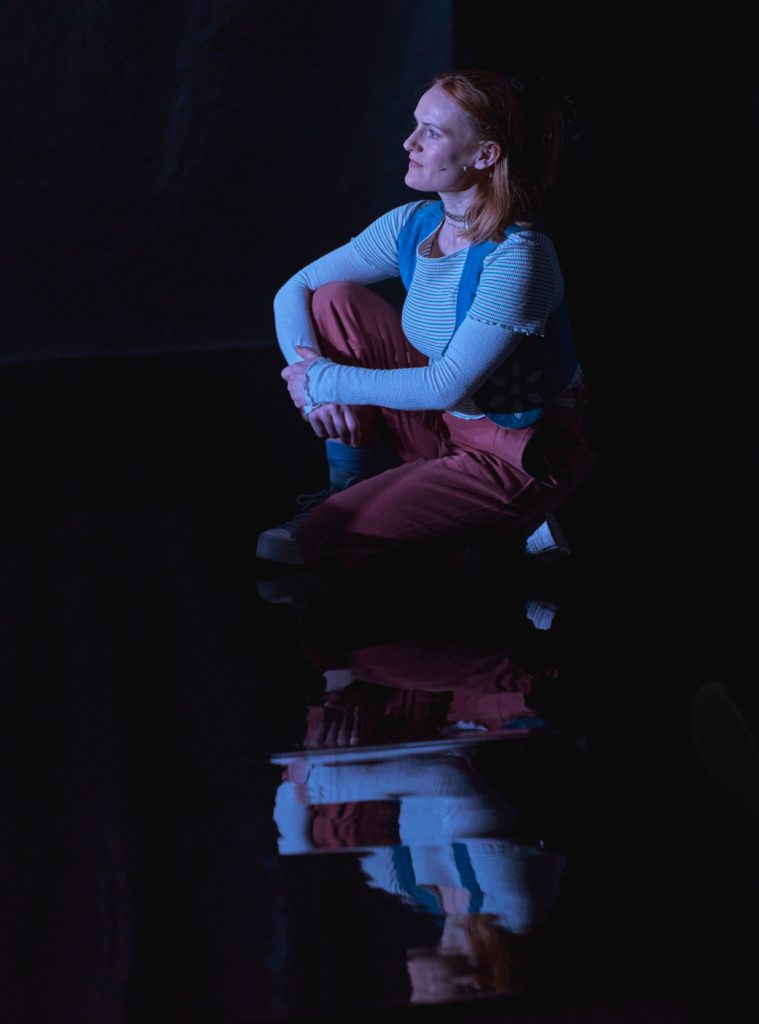
The music in Pilot’s production is “incredible,” says Esther, “But it can’t offer all the solutions. That’s when I got the designer, Verity Quinn, involved to bring Orpheus into the play in a different way.
“Making theatre on the mid-scale, looking into that rectangle, you have to deliver something epic: that starts with the words but you disregard the visual at your peril.
“In the end, my work is very stripped back, not just because of Pilot’s level of resources, but because we all respond to colour emotionally, and the visual is rocket fuel to how you create meaning and how you connect to the human heart and mind in the audience. By stripping back you encourage the use of imagination.
“Theatre offers a reflective space, and in that moment, you use your imagination and your humanity comes to the fore. You are aware of who you are. It’s so difficult to find a space where you can just be present, listening to a story, being part of a story, and kids need that more than anyone else.”
In that last sentence, Esther sums up the essence of Pilot Theatre and why the pioneering York company continues to be at the forefront of theatre with a young voice.
Pilot Theatre, Northern Stage and York Theatre Royal present A Song For Ella Grey, York Theatre Royal, February 20 to 24, 7pm plus 1pm, Thursday and 2pm, Saturday; Hull Truck Theatre, March 5 to 9, 7.30pm plus 2pm, Wednesday and Saturday. Box office: York, 01904 623568 or yorktheatreroyal.co.uk; Hull, 01482 323638 or hulltruck.co.uk.
Author David Almond on A Song For Ella Grey
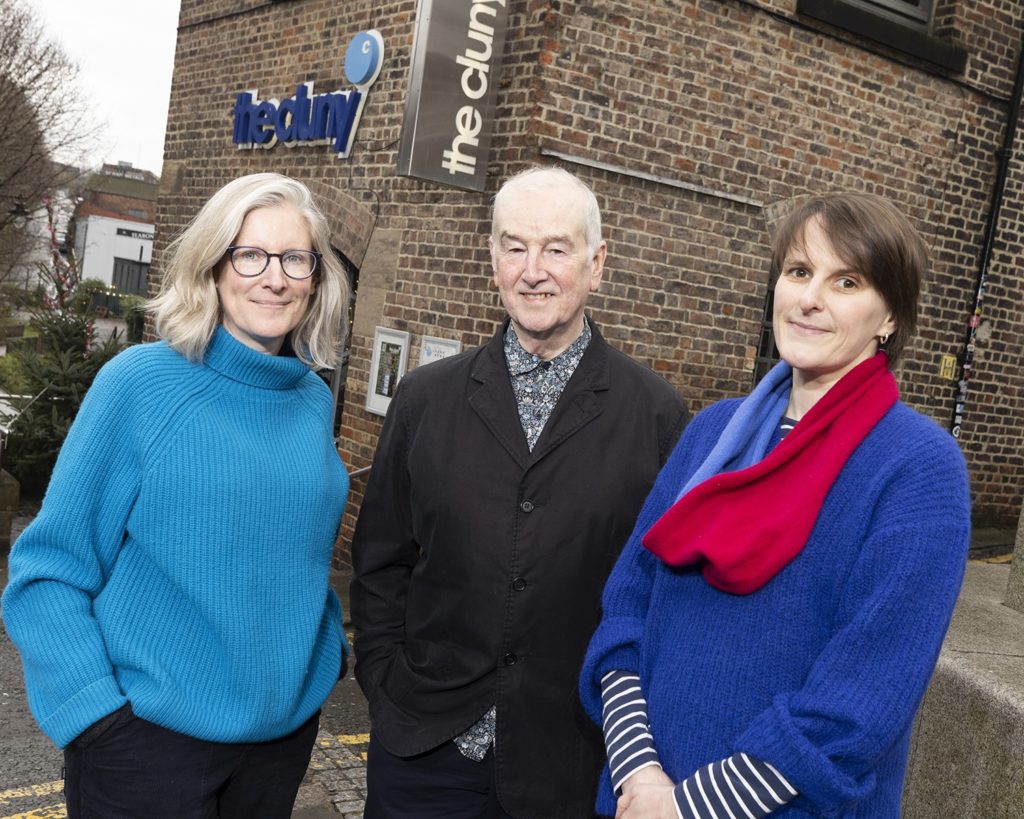
Why revisit the myth of Orpheus and Eurydice?
“People have been telling this story forever,” he says. It’s one of the oldest stories ever told. There are endless versions of it, in cinema, on stage, in books and poetry and songs. I knew, at some point, I was going to write my version of it.”
Why Newcastle and Bamburgh beach?
“It made sense to set it among a group of normal Tyneside teenagers,” says Almond, whose daughter was a teenager at the time he wrote the book, giving him the awareness of “being young and falling in love, experiencing the possibility of loss, the possibility of bliss. Plus, I like the idea of Hades being under Newcastle.”
What does his lyrical writing celebrate?
“The beauty of northern rhythms, of the beats of northern language, to find something that is distinctively regional which can reach out to the rest of the world.”
From page to stage…
“There’s nothing like live theatre,” says Almond. “It’s our oldest form of art. It’s a very ancient way of telling a story. It’s how we told each other stories when we were still in caves 1000s and 1000s of years ago.”
“There’s nothing like live theatre,” says Almond. “It’s our oldest form of art. It’s a very ancient way of telling a story. It’s how we told each other stories when we were still in caves 1000s and 1000s of years ago.”
#

